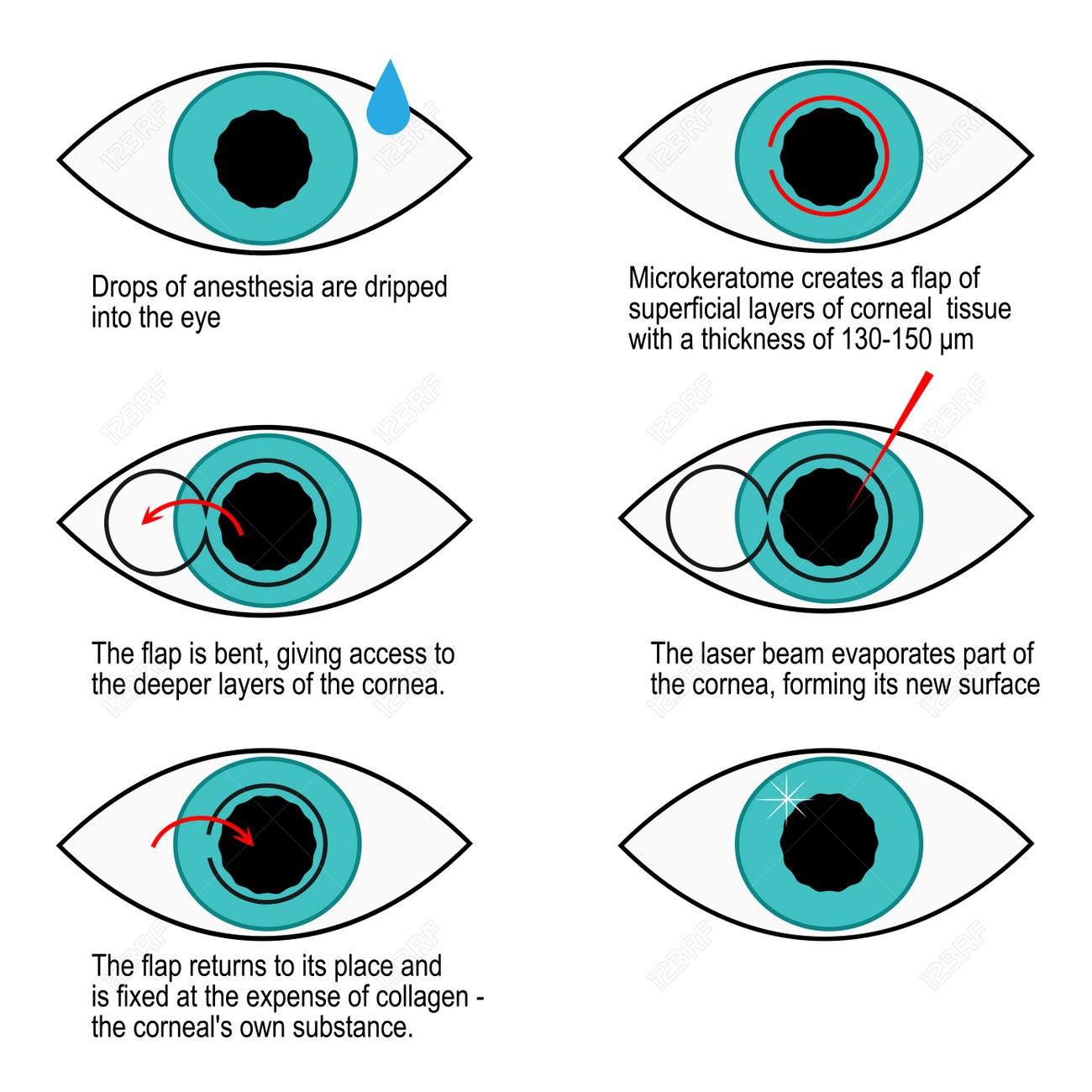After cataract surgery, you may be excited to return on the road, but safety and security must be your leading concern. Vision improvement can vary, and it's vital to follow your medical professional's guidance prior to driving once again. Elements like your healing process and visual acuity play a large role. So, what should you know about the healing timeline and driving safely? Allow's explore the guidelines that can aid you navigate this shift.
Understanding the Recovery Timeline
After cataract surgical treatment, you'll likely ask yourself how long it will certainly take to totally recover and when you can safely get back behind the wheel.
Normally, you'll discover better vision within a couple of days, yet full healing can take a number of weeks. Throughout the initial couple of days, you may experience some blurriness, sensitivity to light, or mild discomfort. https://www.ophthalmologytimes.com/view/tips-to-chart-a-course-for-safe-effective-refractive-surgery must slowly diminish.
Most cosmetic surgeons suggest waiting at the very least a week prior to driving, but pay attention to your physician's guidance. They'll analyze your recovery process and visual acuity to determine when you prepare.
Aspects Influencing Your Ability to Drive
Your ability to drive after cataract surgery relies on several essential variables that can significantly impact your vision and confidence when driving.
Initially, Alexandria Cataract Removal Surgery plays an important function; some people recuperate faster than others.
Next, the type of intraocular lens (IOL) made use of can influence your visual quality, particularly at night.
Additionally, any pre-existing eye problems, like glaucoma or macular degeneration, can affect your post-surgery vision.
Your overall health and wellness and any kind of medicines you're taking may additionally impact your awareness and reaction time.
It's vital to evaluate your convenience level and vision quality prior to supporting the wheel.
Consulting your optometrist is critical to identify when it's secure for you to drive again.
Tips for Driving Safely After Surgery
Although many people really feel excited to return when traveling, it's crucial to focus on security after cataract surgical procedure.
First, await your physician's clearance before driving again; they understand when you're ready. When you do begin driving, choose familiar paths during daytime hours to reduce challenges.
Keep your sunglasses useful to protect your eyes from glare. Adjust your mirrors for ideal exposure and stay clear of distractions like your phone or loud music.
If you see any type of sudden changes in your vision, don't hesitate to pull over safely. Also, think about exercising in a parking lot to reclaim self-confidence before hitting busier roadways.
Final thought
Finally, driving after cataract surgical treatment calls for cautious consideration and perseverance. Constantly prioritize your safety and security and await your medical professional's clearance before hitting the trail. As your vision enhances, stick to acquainted courses and practice during daylight hours. Keep in mind to put on sunglasses to decrease glow and stay alert for any modifications in your vision. By complying with these guidelines, you can build your self-confidence and make certain a safe driving experience as you recover.
